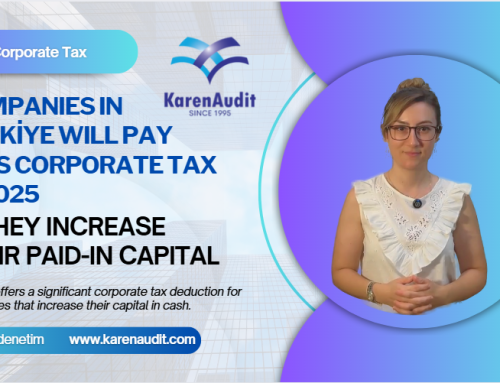February 15, 2023
Due to the presence of undocumented workers, the payment of a portion of employees’ salaries in cash, and the concealment of true profits, businesses in Serbia make up to 6.5 billion euros annually. To address one of the major economic problems, further steps are required, such as the implementation of the new Programme for the Suppression of the Shadow Economy.
According to estimates, every fourth business today participates in the shadow economy, up from every third five years ago. According to Gorana Krsti of the Faculty of Economics, who co-authored the study “Shadow Economy in Serbia 2022” with Professor Branko Radulovi of the Faculty of Law, “the hiring of illegal workers and the payment of a portion of the salary in cash are still key components of the shadow economy, and out of 100 dinars that companies earn in the shadow zone, 64 are generated in this way, and 36 dinars from not declaring profits.”
The sector of the economy most likely to be involved in the shadow economy, where every fifth business doesn’t function entirely lawfully, is construction. Second place goes to agriculture, where up to 13% of all employees lack legal status. However, during the previous five years, 200,000 fewer people have worked in the shadow economy, indicating a decline in the shadow economy.
Businesses that have been operating for less than three years and those that are nominally employee-free tend to engage in more shadow economy-related activities. According to Professor Radulovi, it is now much more likely that businesses experiencing financial difficulties will participate in the shadow economy.
To reach the average of the nations of Central and Eastern Europe, Serbia could reduce the size of the shadow economy by 3.4% of the GDP, which would increase state tax revenues by about 700 million euros annually. Another way to reduce the shadow economy is to promote the so-called cashless economy. According to the analysis, it would take six to seven years to do this.
Source: Serbian monitor
Legal Notice: The information in this article is intended for information purposes only. It is not intended for professional information purposes specific to a person or an institution. Every institution has different requirements because of its own circumstances even though they bear a resemblance to each other. Consequently, it is your interest to consult on an expert before taking a decision based on information stated in this article and putting into practice. Neither Karen Audit nor related person or institutions are not responsible for any damages or losses that might occur in consequence of the use of the information in this article by private or formal, real or legal person and institutions.






